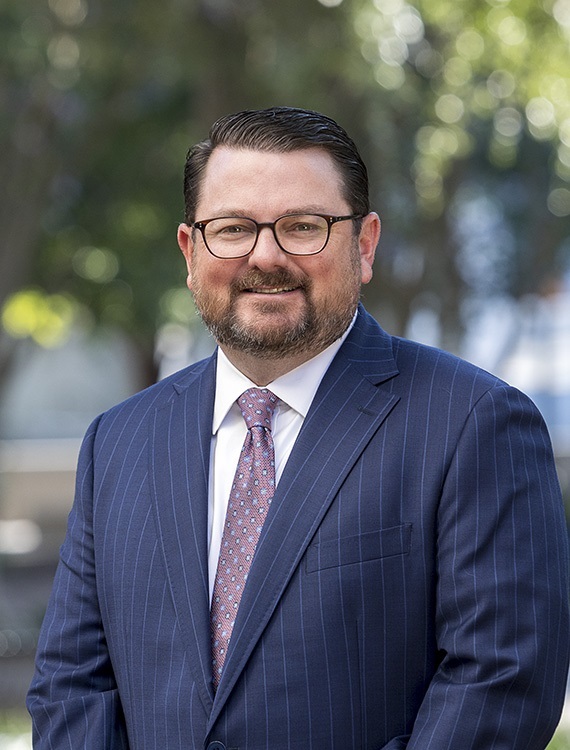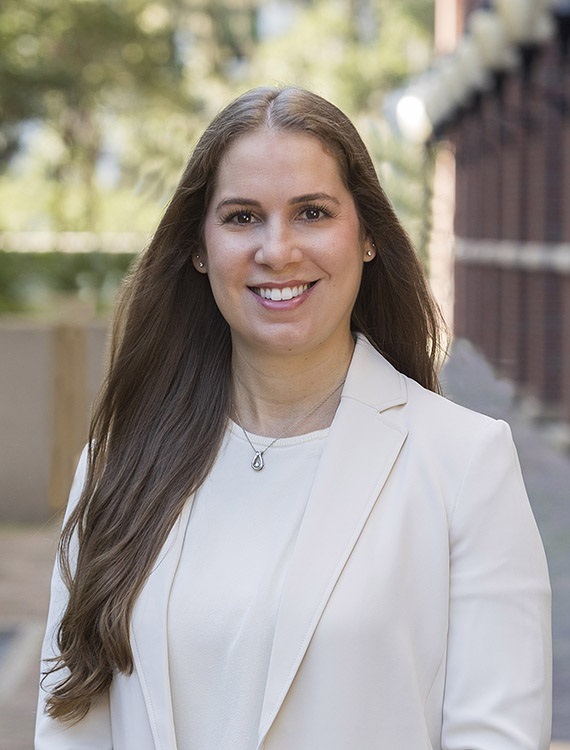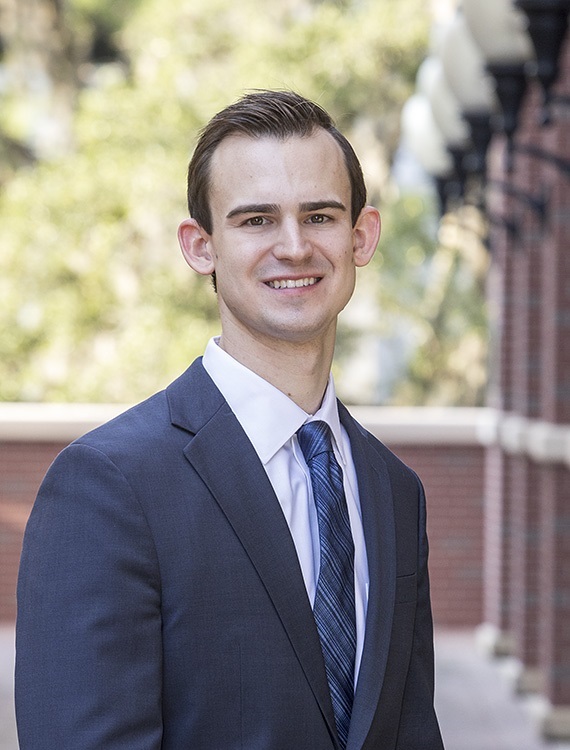Key issues dog Gov. Charlie Crist’s legacy
By STEVE BOUSQUET
Herald/Times Tallahassee Bureau
Gov. Charlie Crist says he doesn’t think much about his legacy. To hear his critics talk, perhaps it’s just as well.
As the first Florida governor to forgo a re-election bid, Crist has little more than a year left in his term. Already, the Republican’s tenure appears destined to be marked by incomplete grades on issues such as property insurance, health coverage for the uninsured, climate change and the economy.
“Charlie is breaking a 40-year record of governors who wanted to seek another four years to complete their agenda of what they thought was important to the state,” said Bob Graham, a two-term Democratic governor who also served three terms as a U.S. senator. “As an indicator of whether he can keep his eye on the things that are important to Floridians, I would say the jury is still out.”
Graham named three areas where he thinks Crist needs to show meaningful progress to bolster his claims of effectiveness: spending stimulus dollars in ways that immediately create jobs as the state’s unemployment rate approaches 11 percent; making health insurance available to more uninsured children in the taxpayer-subsidized Florida KidCare program; and enrolling more uninsured in Cover Florida, the low-cost and bare-bones initiative that has just 4,000 members in a state with 4 million uninsured.
“He may be right. Time will tell,” Crist said.
“A DISASTER’
University of Florida historian David Colburn, who has written extensively on Florida’s governors, said Crist has a unique rapport with Floridians “unlike any I recall in the post-World War II era.” But on two key issues — property insurance and the need to revitalize the economy — it’s a very different story, he added.
“His effort to reform the insurance industry has been a disaster,” Colburn said. “He has done nothing to examine the economic crisis before us, what the state should do to avoid another crisis, and how the state can emerge from this crisis stronger.”
Crist disagrees: “I think the people really appreciate what we’ve done as it relates to property insurance. I think on the whole, people are relatively pleased with Florida.”
On property insurance, Crist says average rates have fallen 16 percent since 2007. But the largest insurer, State Farm, is trying to leave the state, and Crist signed legislation that massively increased the state’s exposure from future hurricanes.
On education, Crist supported a 15 percent tuition increase for state university students, and often cites a national study by Education Week showing the quality of Florida’s K-12 system rose from 31st in 2007 to 10th this year. But the 31st ranking was a snapshot of various economic indicators, such as high school graduation rates, family income and parents’ education.
On spending, Crist claims credit for reducing Florida’s budget, but he had no choice. The collapse of the real-estate market caused massive tax-collection shortfalls, which forced the budget to shrink by $7 billion. State employees have not had a pay raise in three years.
On the environment, Crist gushed over climate change in 2007, but the issue is unpopular with many conservative Republicans and has receded from view. Instead, Crist says offshore oil drilling is “worth looking at” with sufficient environmental safeguards.
The Cover Florida health initiative is vintage Crist: It’s symbolism as much as substance. It was launched with lots of fanfare but no money to market it. The governor used weekly news conferences to urge reporters to “get the word out,” and the result is that many people don’t know it exists.
EVERGLADES DEAL
Crist says his proudest accomplishment is his plan to purchase 70,000 acres of land from the U.S. Sugar Corp. for Everglades restoration, a $641 million project that has been downsized and is now the subject of a fierce court battle. He also touts lower property taxes and less violent crime as major accomplishments.
As for what kind of record he’ll leave, he says that’s for others to judge.
“I just try to work hard for the people every day and honor what we talked about during the course of the campaign,” he said. “You try to accomplish as much as you humanly can, given any term of office. We’re trying hard every day and I think people understand that.”
COMMON-MAN IMAGE
A gifted politician, Crist rakes in campaign money from special interests, yet maintains a humble, common-man image. His approval rating remains high, but his bid for the U.S. Senate suddenly looks competitive with Republican rival Marco Rubio raising $1 million in the past three months and drawing raves from conservative commentators.
About this time last year, Crist went on an extended “listening tour” to reinforce his genuine concern for the challenges Floridians face. In recent months, he has devoted increasing time to raising money for his Senate race.
“It’s challenging,” Crist said. “You try to strike a balance. . . . I know my first duty is to the people of the state.”
“HUGE … IMPACT’
Crist’s populist impulse is most obvious in his high-volume criticism of a “greedy” insurance industry, his recent decision to remove two regulators from the Public Service Commission, and his call for a delay in rate increases sought by Progress Energy and Florida Power & Light.
“The actions the governor took mean more to the average person and small-business person back home than anything that goes on in Tallahassee or Miami,” said state Sen. Mike Fasano, R-New Port Richey. “I assure you, Gov. Crist made a huge positive impact with the consumer.”
“THEY’RE UNHAPPY’
But Crist’s political antennae are not perfect. His choice of former chief of staff George LeMieux to fill a U.S. Senate vacancy was panned by the media as an act of political expediency. His recent comparison of President Barack Obama to an ineffective, one-term Jimmy Carter seemed politically calculated when just eight months ago, Crist embraced the president in Fort Myers as Obama promised billions of stimulus dollars for Florida.
Republican state Sen. Paula Dockery of Lakeland said that while Crist remains popular, the political ground beneath him is shifting.
“People are generally unhappy with the economy. They’re unhappy with the direction Florida is going in,” said Dockery, who’s weighing her own campaign for governor. “I see an anti-establishment feeling out there, a hunger for something other than politics as usual.”
MOVED TO CENTER
Crist campaigned for governor in 2006 as a “Jeb Bush Republican” who was “fighting for Florida.” Once in office, he gravitated to the political center and drew praise for bringing a more civil and less partisan tone to Tallahassee.
He named a handful of Democrats to key posts and spearheaded efforts to make it easier for felons to get their civil rights restored. At the urging of Democrats, he expanded early voting in 2008, championed an “anti-murder” bill that makes it harder for felons to win parole, and restored legislative budget cuts to handle a record backlog of requests for concealed-weapons permits.
TROUBLE WITH BASE
Politically, Crist’s dilemma is that staunchly conservative voters, who are a force in GOP primaries, are the part of the electorate where Crist’s centrist philosophy is held in low regard. By appearing on stage with President Obama, “he weakened his appeal among the base of his party,” said retired USF political-science professor Darryl Paulson.
“People elected him to a position, and they expect him to lead,” Paulson said. “One thing no politician wants to get tagged with is that he’s looking for the next opportunity. He’s got to get back to being governor and that he can do the job here, and that’s why he should be elevated to the next position.”
Herald/Times staff writer Mary Ellen Klas contributed to this report. Steve Bousquet can be reached at bousquet@sptimes.com












